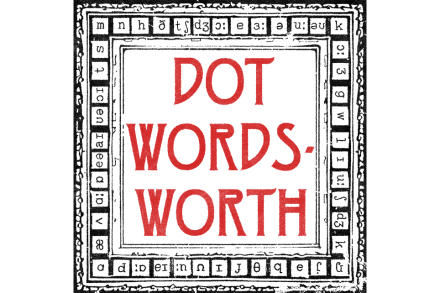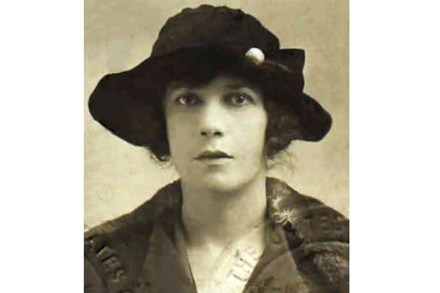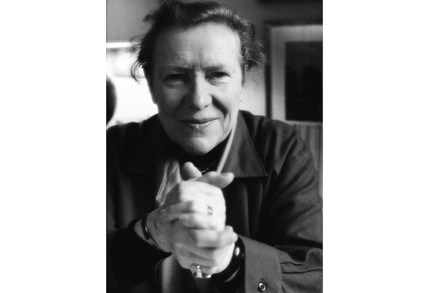Culture clash: Sympathy Tower Tokyo, by Rie Qudan, reviewed
Language, it has been said, is the only true democracy – changed by the people that use it. But as with any democracy, there is plenty of disagreement about what alterations are either possible or permissible. Japanese uses three distinct writing systems – kanji, hiragana and katakana – and the relationship between two of them, kanji and katakana, is a key theme of last year’s prizewinning speculative fiction Sympathy Tower Tokyo by Rie Qudan – a lyrical, witty, satirical but meditative and meticulous text, now published in Jesse Kirkwood’s vibrant and faithful English translation. We are in the sprawling metropolis of Tokyo in the lightly altered mid-2020s. The Olympics took





